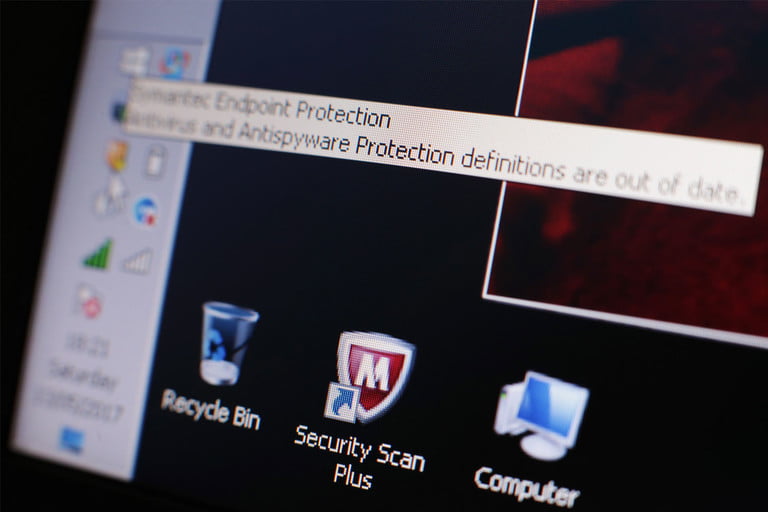
When it comes to web security, one of the biggest questions among professionals and web users is this: ‘Do I really need a VPN and an antivirus?’ You’ve probably asked yourself this question at one point or the other.
With billions of people browsing every day, you never know who’s out there waiting to attack your devices and steal your data. In fact, a study by the University of Maryland reported that 2,244 hacking attacks happen each day; that’s one every 39 seconds.
This is why most people seek security like tools, a VPN, and an antivirus. Below, we’ll help you understand the difference between these tools, and help you decide if you need them both.
What does an antivirus do?

The concept of an antivirus is straightforward. It’s a program designed to scan all files and programs on your device, ensuring that none of them contain malicious codes. If it finds any threat on a file, an antivirus gets rid of it.
The antivirus works like a security guard. It’s always monitoring your activities and investigated different malware to ensure that you know precisely what infects your device.
Most antivirus have proven to be very effective against malware like trojans, viruses, and spyware. They can also be used against new hacking methods like crypto-jacking, which steals your devices’ computing powers.
However, with hackers and cybercriminals getting smarter by the day, an antivirus often misses some trojans and other malware. Attackers have studied how they work and can now hide some of their malware on devices with antivirus.
Pro tip: Even the best antivirus in the market will be compromised if you don’t update it regularly. Always keep up-to-date software.
What does a VPN do?

Virtual Private Networks (VPNs), on the other hand, refers to a private network that secures your data traffic by tunneling it through an encrypted network ‘tunnel’ safe from third parties. It gives you privacy by masking your IP address, ensuring that no one can trace your online activity. You enjoy anonymous browsing.
Since all your data traffic is tunneled through a secure channel, a VPN ensures the security of your data once you’re connected. When the connection disconnects, your traffic becomes exposed to hackers – unless the VPN has a kill switch.
VPNs are also amazing tools when you want to bypass geo-restrictions and to access blocked content. You can also use it when torrenting or when using the Tor browser to maintain your privacy.
Nonetheless, not all VPNs offer high-quality privacy. Some VPNs might have good encryption systems, but they may leak your data from time to time.
You need a really good VPN to anonymous browsing, with zero data leakage and solid privacy. Check here best VPN free trial!
Antivirus Vs. VPN: Which one is better?

From their descriptions, VPNs and Antivirus share some common functions – which is why many people tend to confuse the two. While they are both good security tools to protect yourself, they both have their strengths and weaknesses.
Generally, an antivirus is one of the best ways to secure yourself from most of the cyberthreats you can face online. They can detect malware and delete before they attack your devices. VPNs, on the other hand, can’t detect trojans and other malware. However, they create a secure tunnel for your data traffic, giving no room for malware to reach your data.
In terms of online privacy, VPNs are the undisputed winners. By spoofing your IP address, you’ll be able to anonymously search any website, hence preserving your privacy. Antiviruses are limited to defending your device from malware.
A VPN also secures your network whenever you are using a public wi-fi by encrypting your data traffic. This prevents cybercriminals from eavesdropping on your data and subsequently using it against you. An antivirus can only protect you against the malware that have already infected your device.
Verdict?
The prospect of having both a VPN and an antivirus may seem like a big burden, but it’s actually proven to be the best way to stay safe online. The antivirus and the VPN complement each other’s flaws ensuring total security and privacy for the user.
Using an antivirus without a VPN or vice versa leaves a huge security gap that hackers can easily manipulate to their advantage. Therefore, if you’re keen on internet security, you’ll opt for both security tools!




